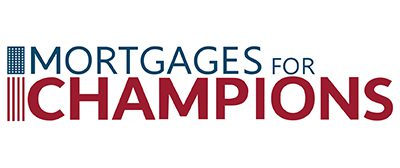How to reduce closing costs and finish the deal to homeownership
To obtain a mortgage, we have to pay miscellaneous fees regarding the title, land surveyor, the government for their taxes and recording the deed, and other fees. The closing costs alone can be an additional 6% of the loan. However, the closing costs are not set in stone and there are ways to reduce the cost itself.
- Know that different areas will equal different costs – Yes, not only does the location of your property depend on the price overall, but it can affect your closing costs. Areas where taxes are more expensive will have a higher closing cost overall. It also depends on what state you live in as well. Bankrated.com did a study where they asked lenders representing each state for an estimated closing cost for a $200,000 single family home mortgage with 20% down. As of August 2016, Hawaii’s average closing cost of $2,655 was the highest while the lowest closing cost was in Pennsylvania with $1,837.
- Know what costs you can negotiate on – Some of the fees on your closing costs are negotiable. One of the costs you can negotiate will be your homeowner’s insurance. Shop around to see how much each company will charge you, and try to see if there are deals like if you bundle your auto and other insurance together or discounts like if you are buying a new home versus an existing one. Not too sure what other costs are negotiable and which aren’t? Ask your loan officer and they will help you out.
- Don’t pay extra points to lower your interest rate – Homebuyers have the option to pay for points in exchange of lowering your interest rate. While interest rates are low as they are now, it might be a cost not worth putting into. However, you can also refinance in the future if rates are lower than they are now.
- Take a look at Reissue Rates – Want a discount on your homeowner’s title insurance policy? Take a look to see if you qualify for a Reissue Rate. In most states, the seller has to purchase the home and insurance policy within 10 years to qualify. Take a look at the seller’s policy to find out. If you can’t find that information, your title company can locate it and see if you qualify for a Reissue Rate or not. This task can save you hundreds on closing costs alone.
- Ask the seller if they will pay a portion of the costs – If the seller is desperate and the market is struggling, you can ask if the seller can pay a portion of the closing cost. Trust your real estate expert and ask if it’s the right move. If the seller is motivated enough to sell you their property, you might save some money on your cost.
- Review the closing cost forms and take a look for red flags – When you shop around comparing costs, feel free to ask questions. For example, if one lender is not disclosing a fee up front, ask why they didn’t include it. If you notice one company is charging dramatically less than another company, ask about the price difference. By reviewing and asking questions, you will know the estimate of your closing cost will be. If you are not sure what you are being charged for, ask your loan officer.
While there is no “one cost” to rule and set them all, closing costs can easily be negotiated. With the tricks and tips we’ve presented, you can channel your inner “car salesman” and negotiate to save hundreds on your closing cost.


